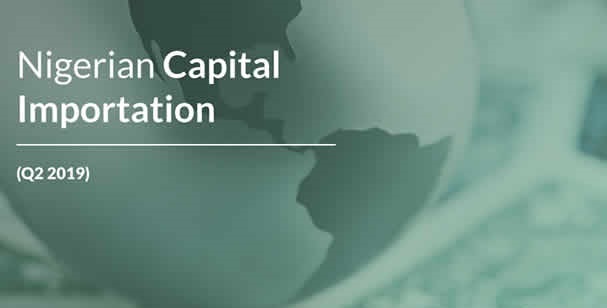January 2, 2024/CSL Research
According to the Nigerian Bureau of Statistics (NBS), Nigeria’s total capital importation into Nigeria in Q3 2023 was US$654.65 million, lower than US$1.16 billion recorded in Q3 2022, indicating a decrease of 43.55%. On a q/q basis, capital importation declined by 36.45% from US$1.03 billion in Q2 2023. The Q3 figure is the lowest capital importation into the country in over 10 years. Capital importation is the total foreign inflow a country receives, and it is divided into three main categories: foreign direct investment (FPI), portfolio investment (FPI), and other investments (FOI). The largest capital importation was received from Other Investment (mainly foreign loans), which accounted for 77.56% (US$507.77 million) of total capital imported in Q3 2023. Portfolio Investment followed this with 13.31% (US$87.11 million) and Foreign Direct Investment (FDI) with 9.13% (US$59.77 million).
Capital importation into the production/manufacturing sector recorded the highest inflow with US$279.51 million, representing 42.70% of total capital imported in Q3 2023. This was followed by capital imported into the financing sector, valued at US$127.93 million (19.54%), and capital imported to buy shares of US$85.49 million (13.06%). Most of the foreign capital that flowed into Nigeria in Q3 2023 came from the Netherlands with US$175.62 million, accounting for 26.83%. Singapore followed with US$79.15 million (12.09%) and the United States with US$67.04 million (10.24%). In Q3 2023, 31 states received no foreign investment while Lagos state attracted the most foreign investments with US$308.83 million, accounting for 47.18% of total capital imported, followed by Abuja (FCT) with US$194.66 million (29.73%) and Abia state with US$150.09 million (22.93%).
Foreign investments into the country, both FDIs and FPIs, have been declining in recent years. A number of factors such as poor institutional development, property rights concerns, policy inconsistencies. multiple exchange rates, scarcity of forex, security concerns, and structural challenges continue to hamper the inflow of foreign investments into the country. To the extent that many of these concerns remain unaddressed, we do not expect to see an increase in FDIs and FPIs in the short to medium term. Only recently, a number of businesses were reported to have shut down part or all of their operations in Nigeria















